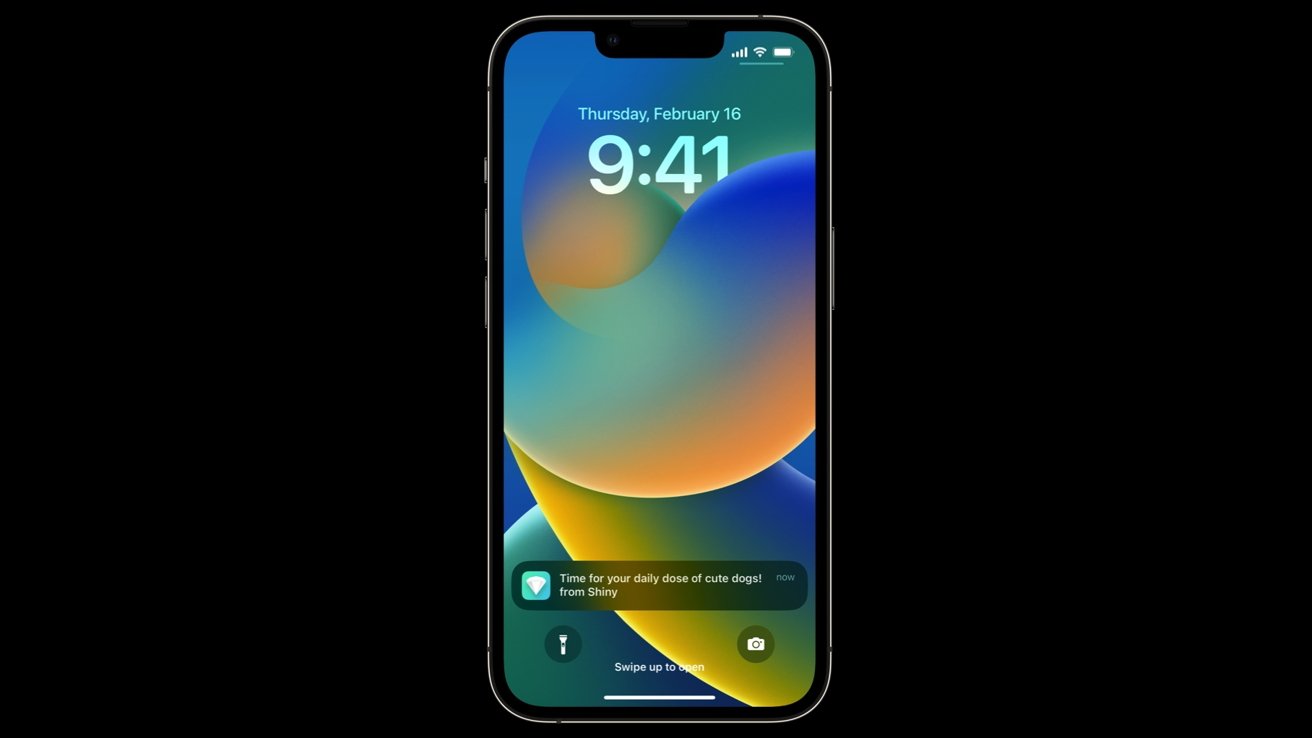Users have taken to social media to decry that progressive web apps were killed by Apple in iOS 17.4, but the reality is more complex than that.
Apple is being required to allow alternative browser engines beyond WebKit in iOS for EU users because of the Digital Markets Act, and iOS 17.4 is changing to accommodate it. Some users took to Twitter/X to decry that those changes being made are killing Progressive Web Apps on the iPhone.
Important Information for iOS Users Regarding PWA support removal in the EU.
Below are some ideas and potential problems we might face if these changes make their way into the final version. https://t.co/OC0uADIu8H
— Maximiliano Firtman (@firt) February 9, 2024
Other posts cast some doubt on the initial accounts of doom and gloom. In short, the new posts claimed that as long as a Progressive Web App was properly configured, it would work fine on iOS 17.4.
The issue first developed with the first beta in iOS 17.4. A screen in the second beta says that Progressive Web Apps will “open from your default browser.” Apple adding the alert to the second beta suggests that the feature will remain, but in what state is anybody’s guess at this point.
Things are in flux, though. There are clearly changes, and it’s not clear what the next month will hold.
Apple, and Progressive Web Apps
Apple’s support for Progressive Web Apps has never been great. On other platforms, there is good support on Chromium-based browsers, which will be allowed in the EU for the first time with iOS 17.4 — which is probably what is spawning Apple’s restrictions.
Even with limited support on Safari, it appears that Apple has greatly tightened up requirements for installation of Progressive Web Apps, and how they load, in the EU.
We’ve spoken to a few EU-based developers overnight. According to these developers, Progressive Web Apps still work, but there are complications. As long as there are appropriately configured service workers and manifests in the web app, Safari, at least, will still load them in a discrete browser window.
As far as the complications go, as of February 9 2024, many Progressive Web Apps as coded don’t work right. Across the board, push notifications don’t work when spawned by Progressive Web Apps. And, apps that were previously installed had storage wiped by the second beta of iOS 17.4
The testing process and beta evolution are still in the early phases. So, while the restrictions in the EU seem intentional, it’s not clear if there’s also a bug associated with them.
Ultimately, EU users will have to see what plays out in the next month, as iOS 17.4 has to launch by March 8 to comply with the Digital Markets Act.
The changes extend beyond the EU. Progressive Web Apps on iOS or iPadOS are seeing some changes in the US too, but they aren’t as restrictive as what’s being seen in the EU. Notifications still work, and storage didn’t get wiped by the second beta of iOS 17.4, but like in the EU, some that worked before don’t any longer.
So, this early in the iOS 17.4 beta process, it’s not clear how this will all shake out when all is said and done.
“We can’t do much but wait,” one developer who spoke to us said in translation. “The DMA requires [Progressive Web Apps] to work on iPhone.”
We’re not sure about the developer’s claim that Apple must allow Progressive Web Apps to work. According to the terms of the EU Digital Markets Act, Apple has to allow them to work if they work on Safari, but if they don’t work on Safari, they don’t have to allow them to work in any other browser.
Some users of the beta in the EU haven’t been impacted yet. Others are angry.
“Apple is trying to get away with as much as it can,” another developer added, also in translation.


